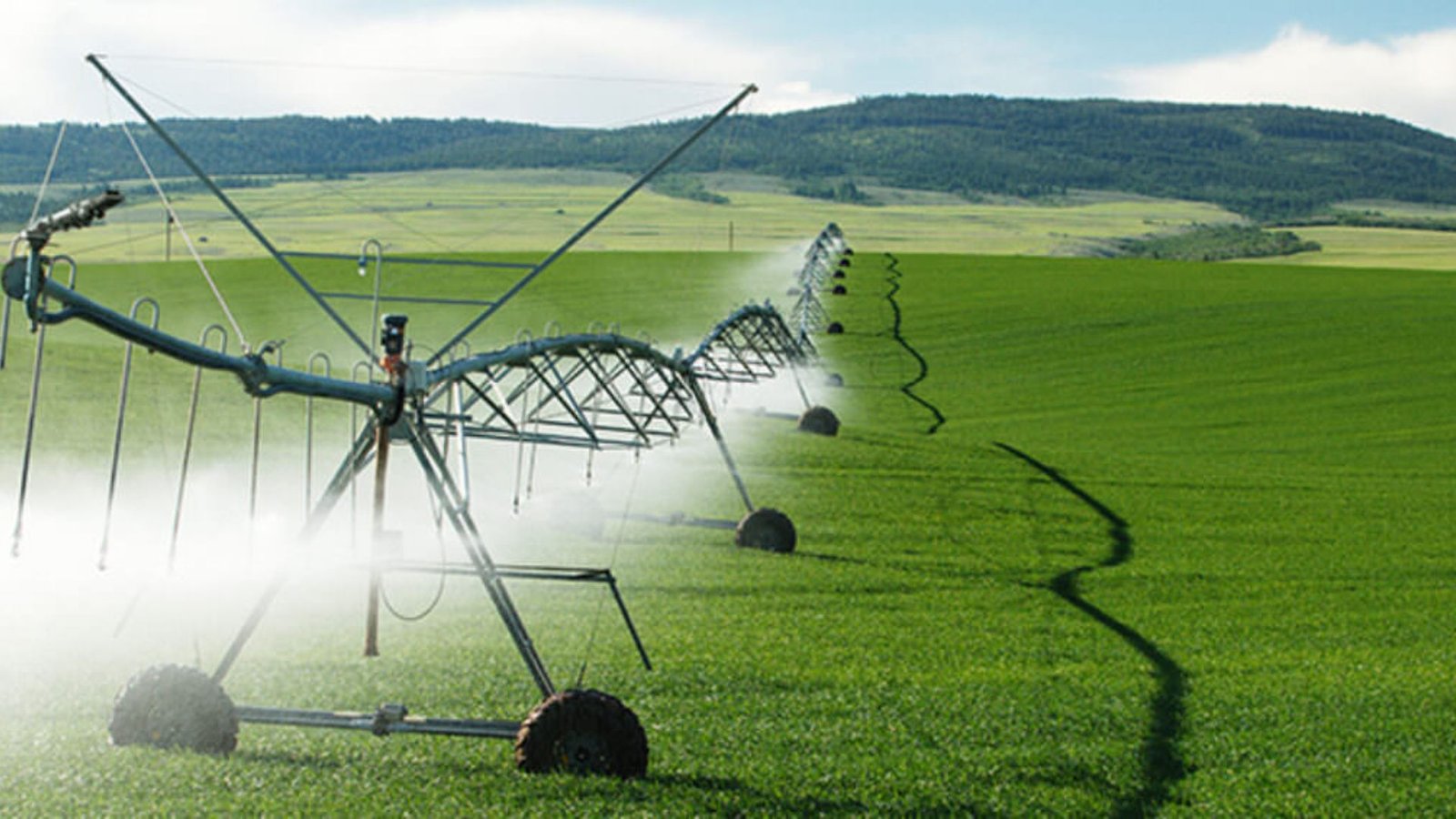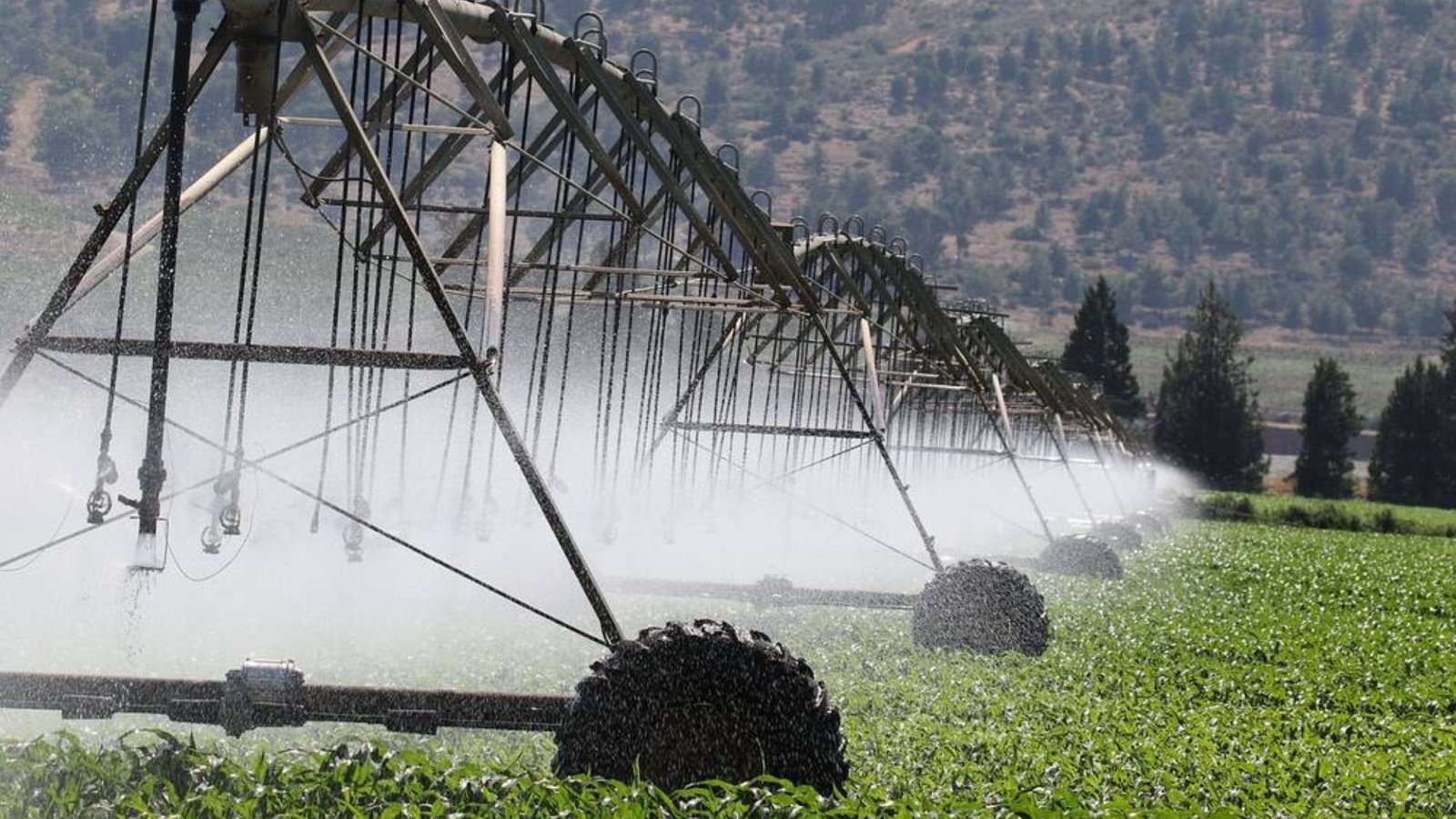Modern irrigation design solutions are transforming the way farmers manage water. As the global population grows and water resources become scarcer, it’s more important than ever for farms to use water wisely. Traditional irrigation methods are often inefficient, leading to water waste and higher costs. However, modern irrigation systems help farmers optimize water use, improve crop health, and increase yields. With new technologies and innovative design techniques, farmers can achieve more sustainable farming practices while protecting the environment.

Key Modern Irrigation Design Solutions for Farms
Several modern irrigation solutions can help farms achieve higher efficiency and productivity. These systems are designed to minimize water waste, save costs, and promote healthier crops. Here are some of the most effective irrigation design solutions available today:
1. Drip Irrigation Systems
Drip irrigation is one of the most water-efficient irrigation methods available today. It delivers water directly to the plant roots through a network of tubes, emitters, and valves. This method significantly reduces water loss due to evaporation and runoff, as it applies water only where it’s needed. Drip irrigation is ideal for row crops, orchards, and vineyards, providing precise control over water delivery.
The benefits of drip irrigation include:
- Water Efficiency: Delivers water directly to the roots, reducing evaporation.
- Reduced Weed Growth: Since water is applied only to the plants, weed growth is minimized.
- Improved Crop Health: Plants receive consistent moisture, leading to stronger and healthier crops.
2. Sprinkler Irrigation Systems
Sprinkler irrigation mimics natural rainfall by spraying water over crops. Modern sprinkler systems are designed to be highly efficient, using less water while covering a larger area. These systems can be adjusted to different water needs based on the crop type, weather conditions, and soil type. Some sprinkler systems are even equipped with smart controllers that adjust watering schedules based on weather forecasts, ensuring that crops are watered only when necessary.
Advantages of sprinkler irrigation include:
- Versatility: Suitable for various crop types and soil conditions.
- Even Water Distribution: Ensures that water is spread evenly across the field.
- Flexible Design: Can be adapted for both small and large-scale farms.
3. Center Pivot Irrigation Systems
Centre pivot irrigation is a widely used modern irrigation method for large fields. A rotating arm attached to a central pivot point moves across the field in a circular motion, applying water as it turns. This system covers vast areas efficiently and can be automated for precise control. It’s ideal for large-scale farms with crops like corn, wheat, and soybeans.
Key benefits of centre pivot irrigation include:
- Efficiency for Large Fields: Covers a large area in a short amount of time.
- Water Savings: Uses less water compared to traditional flood irrigation methods.
- Automation: Can be automated to adjust water distribution based on soil moisture levels.
4. Soil Moisture Sensors and Smart Controllers
Technology plays a crucial role in modern irrigation design. Soil moisture sensors and smart controllers are innovative solutions that help farmers monitor and manage irrigation needs more effectively. Soil moisture sensors measure the moisture levels in the soil, providing real-time data on when crops need water. Smart controllers can then adjust irrigation schedules automatically based on this data, ensuring that crops are never over- or under-watered.
Benefits of soil moisture sensors and smart controllers:
- Real-Time Monitoring: Allows farmers to track soil moisture levels continuously.
- Reduced Water Waste: Ensures water is applied only when necessary.
- Cost Savings: Saves on water and energy costs by preventing over-irrigation.
5. Automated Irrigation Systems
Automated irrigation systems use advanced technologies to manage water delivery without manual intervention. These systems can be programmed to water crops at specific times, based on environmental conditions, crop needs, and soil moisture levels. Automation also allows farmers to manage irrigation from remote locations through smartphone apps or web interfaces, providing flexibility and ease of use.
Advantages of automated systems:
- Convenience: Allows farmers to control irrigation remotely.
- Consistency: Ensures water is delivered consistently, promoting healthy crops.
- Customization: Systems can be tailored to meet specific water needs for different crops.
6. Rainwater Harvesting Systems
Rainwater harvesting is an eco-friendly solution that helps farms conserve water by collecting rainwater from rooftops, gutters, and other surfaces. The collected rainwater can be stored in tanks or reservoirs and used for irrigation. This solution reduces the reliance on groundwater or municipal water systems, making it a sustainable option for farms located in areas with limited water resources.
Benefits of rainwater harvesting:
- Sustainability: Reduces reliance on external water sources.
- Cost Savings: Reduces water bills by using collected rainwater.
- Eco-Friendly: Helps conserve natural water resources.
Benefits of Modern Irrigation Design Solutions
Adopting modern irrigation design solutions offers numerous benefits for farmers and the environment. Some of the key advantages include:
1. Water Conservation
Modern irrigation systems are designed to minimize water waste. Whether through drip irrigation or soil moisture sensors, these systems ensure that water is applied only when and where it’s needed. This not only conserves water but also reduces water bills, making it a cost-effective solution for farmers.
2. Increased Crop Yields
Efficient irrigation ensures that crops receive optimal moisture, leading to better growth and higher yields. With modern systems that deliver water directly to the root zone, plants are less stressed and can focus on growing, rather than struggling for water. This results in healthier crops and more abundant harvests.
3. Reduced Environmental Impact
By using water more efficiently, modern irrigation solutions help reduce the strain on local water resources. They also minimize runoff, which can carry pollutants into nearby rivers and lakes. This makes modern irrigation systems more environmentally friendly compared to traditional methods.
4. Cost Savings
Although the initial investment in modern irrigation systems may be higher, the long-term savings in water, energy, and labour costs are significant. Automated systems, in particular, reduce the need for manual labour, and water-saving technologies reduce the overall amount of water required for irrigation.
Conclusion
Modern irrigation design solutions are transforming the way farmers manage water, helping them achieve greater efficiency, reduce costs, and increase crop yields. From drip irrigation to automated systems and rainwater harvesting, these solutions offer innovative ways to conserve water and improve farming practices. As the water demand continues to rise and the climate changes, adopting modern irrigation practices will be essential for the future of farming. By implementing these advanced systems, farmers can ensure sustainable and profitable operations for years to come.




